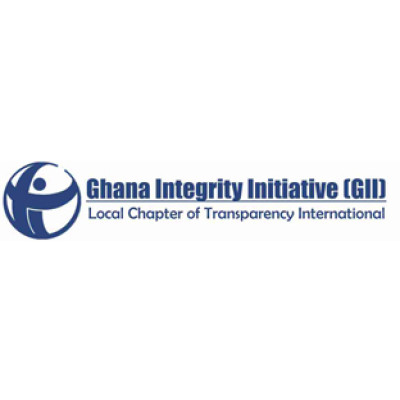The Ghana Integrity Initiative (GII) has strongly criticized the distribution of money and gifts by parliamentary aspirants during the recently held primaries of the National Democratic Congress (NDC).
The civil society organization labelled the voting as a detrimental practice that marred an otherwise peaceful event.
In a statement issued on Monday, May 15, 2023, the GII expressed its concerns, stating that the act of vote buying and financial inducements undermines the democratic principles of fair and transparent elections.
The statement read, “Such practices compromise the principles of equality, accountability, and good governance. By employing these unethical tactics, candidates prioritize personal gain over the interests of the electorate, thereby eroding public trust and damaging the democratic fabric of our nation.”
Highlighting the violation of laws, the GII emphasized that these actions contravene Section 240 (undue influence at elections), Section 241, and Section 249 of the Criminal Offenses Act (1960) (Act 29).
During the NDC primaries held on Saturday May 13, various incidents were recorded where aspirants engaged in the open distribution of cash and goods. Former President John Dramani Mahama gave all the 355,092 delegates GHC40 each, amounting to over GHC14 million.
In Ejura Sekyeredumase, a parliamentary aspirant was captured on video openly splashing cash on individuals believed to be delegates at the voting grounds while others distributed gas stove, cylinders and television among others.
In another constituency, an aspirant allegedly purchased bags of rice to distribute to delegates after voting.
Following these occurrences, the Office of the Special Prosecutor (OSP) has summoned the parliamentary aspirant for Ejura Sekyeredumase, Juliana Kinang Wassan, on suspicion of corruption.
In response, the OSP has initiated an investigation into the suspected corruption involved in her conduct.
The GII has expressed its support for the OSP’s initial action, asserting that such acts constitute electoral corruption and must be thoroughly investigated.
“This is an important step towards sanitizing the country’s campaign processes. We pray that the full length of the law is explored to control what has come to be known as the monetization of the country’s elections,” the GII stated.
Furthermore, the GII called on the Electoral Commission to exercise its powers of disqualification to prevent candidates and parties that violate Sections 240, 241, and 249 of the Criminal Offenses Act, 1960 (Act 29) from participating in future elections.
The GII urged all stakeholders, including political parties, candidates, voters, and the general public, to join the campaign for ensuring the highest standards of political integrity in the upcoming 2024 elections, emphasizing the importance of gracefully accepting the election results.
By Vincent Kubi


